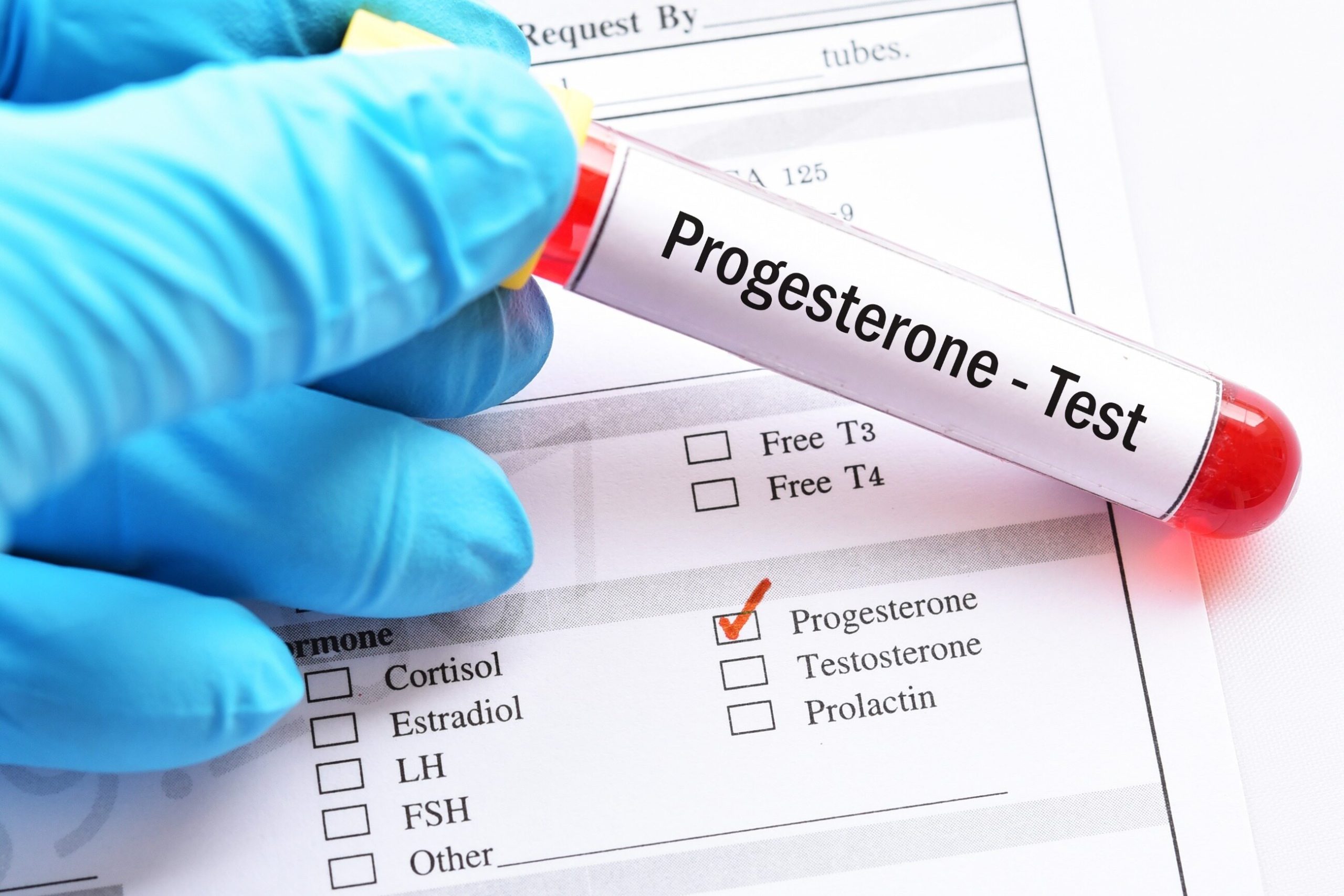Ah those hormones… Hormonal changes during pregnancy cause some interactions to a greater or lesser extent. There are 5 hormones secreted by the female body during pregnancy. You can read the details in our article…
BETA HCG: Herald hormone
It is also known as the hormone that heralds pregnancy. A pregnancy test becomes certain by detecting this hormone in the blood or urine. The hormone is secreted by cells that surround the newly fertilized egg, which will later develop into the placenta. HCG hormone has two subunits, alpha and beta. Pregnancy tests in blood are called ‘BETA-HCG TEST‘ since there is a beta unit that is measured in blood in pregnancy tests.
Detection of the hormone in maternal blood is possible approximately 10 days after the LH peak (ovulation). (Detection of the ß-HCG hormone in the mother’s blood may be possible approximately on the days of missed period or a few days before). After the pregnancy is implanted in the uterus, the HCG hormone continues to increase gradually in the mother’s blood and reaches its highest value, approximately 100,000 mIU / ml, at the 10th week of pregnancy. After this week, it decreases to 20,000 mIU / ml until the mid-pregnancy and remains constant at these values until birth.
HCG hormone responsible for nausea is shown as the hormone responsible for nausea in pregnancy. After the first 3 months, nausea also decreases with the decrease of HCG hormone secretion.
ESTROGEN: Prepares the body for carrying a baby
Estrogen hormone plays an important role in preparing the mother’s body for carrying and breastfeeding. At the same time, it is possible for the embryo to adhere to the uterine surface in a healthy way thanks to estrogen.
During the first 3 months, estrogen is secreted slightly more than from ovulation to menstruation. After the first 3 months, the estrogen in the body rises up to 30-50 times the normal value. This increase helps the muscles in the uterus and the milk ducts in the breasts to grow and enough blood to go to the uterus. In addition, it plays a role in preparation for childbirth by softening the joints, especially allowing the pelvis to become loose. In fact, high estrogen in the last days of pregnancy and the decrease in progesterone level added to it are thought to initiate labor.
Estrogen, which is also responsible for the color changes in the skin and the increase in blood pressure, also leads to an increase in the pigment substance that gives the skin its color. Therefore, during pregnancy, the color of the nipples becomes darker and freckles occur on the face. The effect of increased estrogen can also bring about the desire to be more sexually active.
Estrogen is also the main cause of increased blood pressure. The reason for this is; to ensure that more blood is sent to the uterus. In addition to all these effects, estrogen is also shown to be responsible for back pain, especially in the evening, because it causes relaxation in the joints.
PROGESTERONE: The cause of sleepless nights
Immediately after ovulation, the level of progesterone rises very high. The main task of this hormone; It is to ensure that the intrauterine tissue, which will house the fertilized egg, stays in place. Progesterone performs this task together with the hormone estrogen. It is also the hormone that keeps the pregnancy going until the last moment. Progesterone relaxes the muscles during pregnancy, especially preventing the premature termination of pregnancy by unnecessarily contracting the uterine muscles.
Progesterone, which is responsible for constipation, swelling and frequent urination, causes many other changes in the body by slowing down the muscles with its effect. Constipation can occur as a result of slowing down of the muscles in the digestive system. Because the hormone also causes the kidneys to enlarge, you may feel the need to urinate more, especially at night. Because circulation slows down, varicose veins may occur in the legs and even in the vagina. It also makes you feel the need to lie down, as it has a blood pressure lowering effect.
The hormone prevents unnecessary contractions of the uterus and provides general calming of the body. Another effect of the hormone is that the ankles swell a lot, especially in the evening. It also causes interruption of night sleep due to frequent urination.
OXYTOCINE: Helps come milk
It is shown as the hormone that enables birth to take place. In addition, oxytocin, which is released while breastfeeding after birth, helps milk come from the breasts. Each time the baby suckles, oxytocin is released. In the meantime, the muscles around the milk-producing cells contract, allowing the milk to come out of the nipple.
RELAXIN: Creates a suitable environment for eggs
It helps in the formation of new blood vessels at the beginning of pregnancy. Thus, the most suitable environment for the newly fertilized egg is created. In addition, as the pregnancy progresses, it allows the joint called symphysis pubis (the roof joint where the hip bones meet in the front roof bone area) to loosen, which is located in front of the cervix (the neck of the uterus) and is normally fixed. In this way, the baby comes out of the pelvis more easily at birth. As the ‘symphysis pubis’ joint relaxes, sharp pains can be felt in the pubic bone (the hairy area in the anterior part of the abdomen, between the lower edge of the hipbone and the upper edge of the external genitalia).

